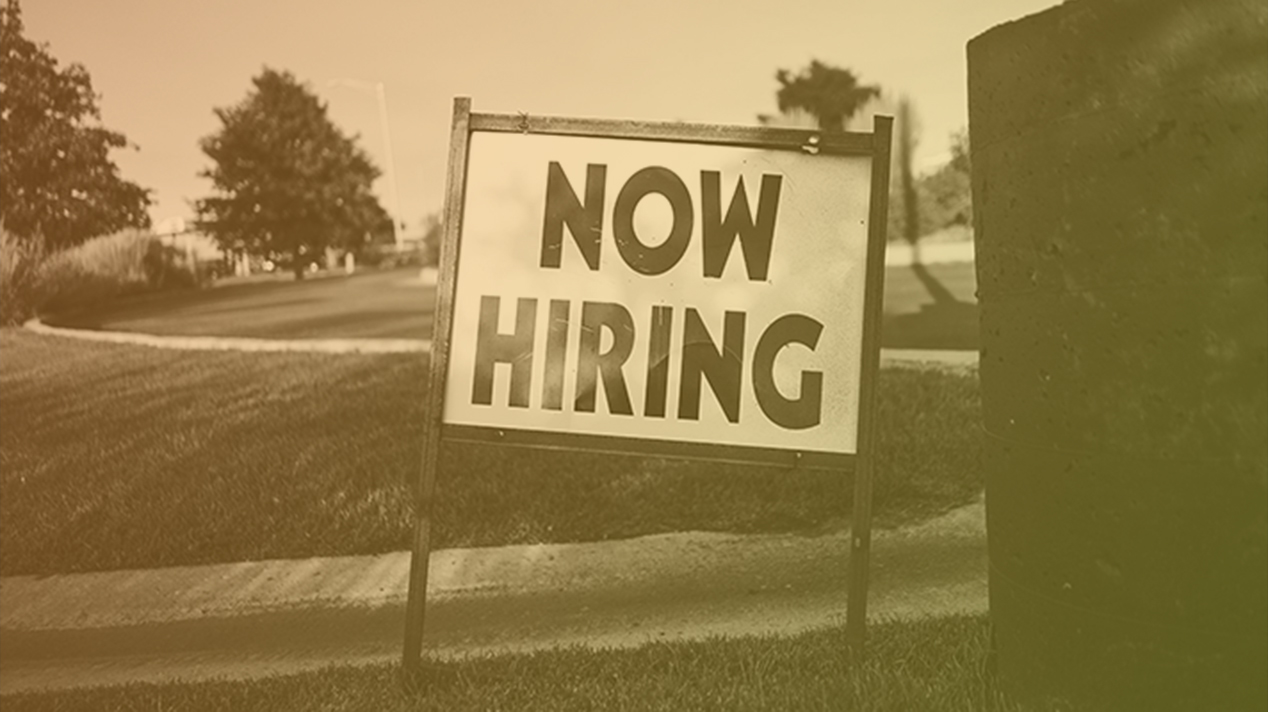During most of August, I was on leave and enjoying the remains of the summer heat and the last of the lighter evenings. Consequently, I didn’t sit down and capture any musings in the form of a blog. That didn’t mean however I didn’t have lots to capture or wasn’t constantly musing about what the autumn would bring for us all.
Whatever job I’ve done in whatever organisation, I’ve always known the importance of thinking ahead and conceptualising what this may mean. This has never been about attempting to predict the future or visiting the nearest tarot reader, it’s much more about using the past and present and try and assimilate this information to plan for what may be thrown at us. Part of this is accepting that the only thing certain is uncertainty and change.
From this, I find it completely astounding that those tasked with organising and running our countrywide systems in the interim gifted to us post the first COVID lockdown, did use it as an opportunity to forecast and put in place measures that would serve to help us deal with the certainty of a second wave. For example, Dido Harding’s statement that she had not foreseen the demand for testing once the education system was back up and running, smacks of simple unbound incompetence. That is and remains her job.
Forecasting and contingency planning is a critical part of any organisation’s strategic development. To prevent knee jerk ill-thought out responses, strategic responses require information-based decisions about resource deployment and use. Because of this, they take time and astute thinking skills that circumnavigate the whole issue at hand, not simply drilling down in the prima facia issue. Having a plan A, B, C and even D and communicating this is not a sign of leadership and management weakness, it’s a sign of effective planning and thinking around the issues. Having contingencies will set a leader apart from the skills demonstrated by a manager.
While you might use the phrase, “Plan B” as a bit of joke, it’s important to have backup plans in your organisation to prevent serious problems. Most strategic plans are probably aimed at helping make a profit and keeping your doors open. If they fail, you are less likely to be able to respond quickly enough if you don’t have a contingency plan. As counter-intuitive as it might seem, planning for failure can be just as important as planning for success.
A contingency plan helps you to address a problem that could stop production, shut down your website etc. A simple example of a contingency plan is having a backup generator in the event of a power failure. If you lose a large customer that’s responsible for much of your sales, a contingency plan will help you quickly reduce your workforce, cut your overhead and production spending and seek other sales to replace as much of the loss as possible.
A contingency plan(s) need address a problem(s) or buys you time to get back on your feet allows you to communicate your response to a problem to relieve any concerns that problem they might create. A Floundering leader in any organisation does not exactly inspire confidence that they are actually on top of the job. At the point of writing, we have just all been told to work from home when and wherever possible. This is a significant shift in national policy from three weeks ago when we were all being told to get back to the office. It is probably worth noting at this stage that those of us who have shifted our working arrangements to be home centred are now very unlikely to return to a glass and steel box again as flipping policies between one or the other is no way to secure long term operational commitment to an organisation.
Organisations that create continuity and disaster recovery plans will almost certainly find it easier to get appropriate insurance and credit than those that don’t. Being able to show your insurers your contingency plans can help you obtain better coverage and reduced premiums, because the less money an insurer has to pay after an accident or emergency, the better risk you are. For example, if you back up all of your data each night, you will have a smaller loss from a fire or robbery than you will if you have to re-create all of your website files, customer databases and other data. In the event you need credit to help you through slow sales because of the loss of a supplier, a lender might be more willing to help you with payroll if you show you have another supplier identified and ready to get you back up and selling.
In many respects, the here and now in an organisation is irrelevant to its longer-term survival, development and improvement. Having a watching eye in the future is much more important for a leader than it is a manager. A manager is employed to deal with the here and now, whereas a leader is much more concerned with a longer time frame and a broader perspective of the organisation. Certainly enjoy the success of the now, but be aware that tomorrow will bring change. Having a ‘plan up your sleeve’ is no bad thing and in fact in today’s climate of uncertainty and many cases fear, it’s the one thing that just may well keep you trading whilst others fail.








